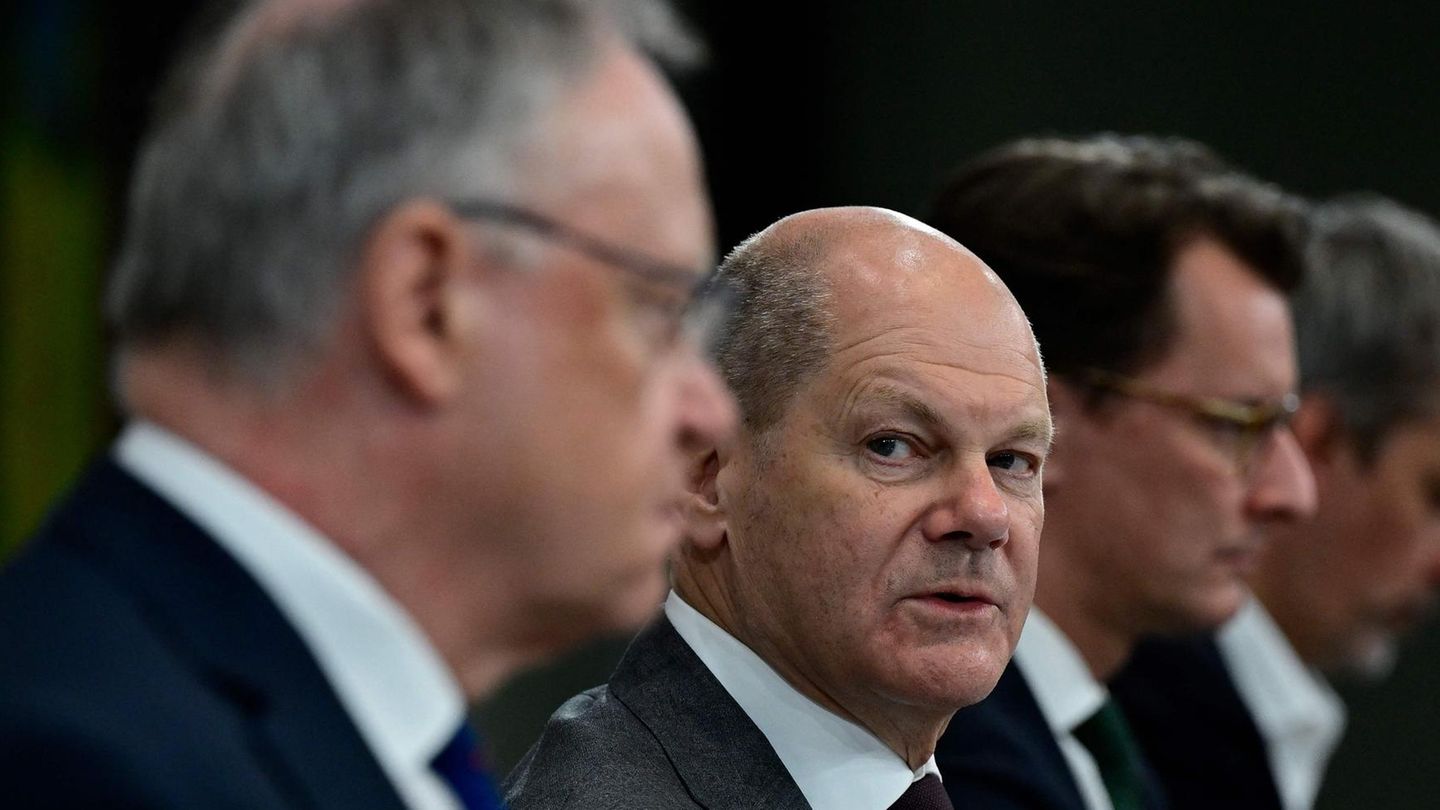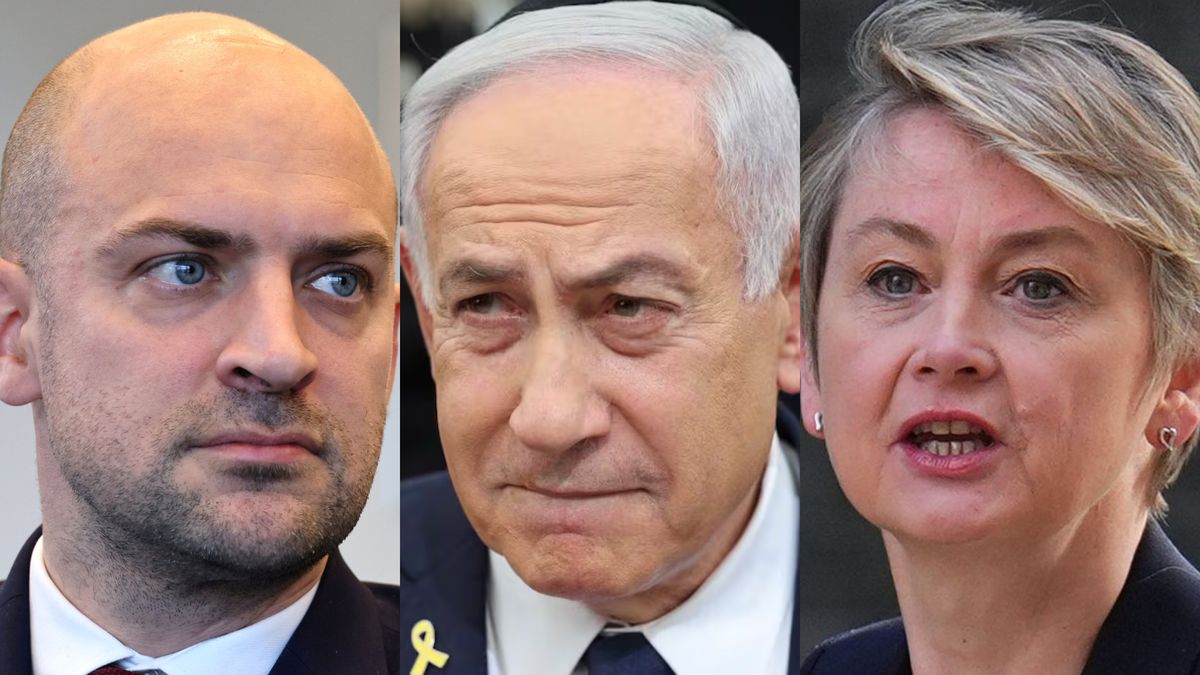Opinion
The prime ministers had spoken big tones before the meeting with the chancellor, but afterwards they have to bake rather small rolls. And it is by no means certain that there will be more money in the fall.
Olaf Scholz is often said to think he’s smart. But sometimes he is. The result of the refugee summit in Berlin looks like a compromise. In truth, the countries have achieved almost nothing while the chancellor has silenced them with a one-off payment of one billion euros. That doesn’t just sound like a lot of money, of course it is – but measured against the demands of the prime ministers, it’s as if 16 guests in the restaurant had ordered a three-course menu on the house and now had to have one of them Bowl of spaghetti with tomato sauce to fill you up. One could also say that Scholz dragged the prime ministers over the same table on which he served the food.
Prime Ministers after refugee summit like repentant sinners
Scholz and his Finance Minister Christian Lindner had been angry for weeks that the federal states kept making new demands but didn’t want to recognize what the federal government was already doing. The host in the Chancellery obviously made his visitors feel that in a convincing manner. On Wednesday evening, Stephan Weil from Lower Saxony and Hendrik Wüst from North Rhine-Westphalia, representing their colleagues, sat next to the Chancellor almost like remorseful sinners and expressly acknowledged the financial services of the federal government.
Above all, Hendrik Wüst, who had previously given the impression that he would be stuck in the Chancellery in the manner of the last generation in order to achieve a result according to his ideas, was not particularly successful on balance: from his share of the billion des You have to deduct a fairly high sum of political lessons from the federal government, which the young prime minister had to pay. It was easy for Olaf Scholz to jokingly sum up the hours before: He was “really glad that we got together well and gave such nice advice”.
For Scholz, this result has only advantages. With the billion that the federal government is now making available once, it avoids the accusation that it is simply ignoring the undeniable problems of many municipalities. At the same time, for the money, he makes the countries responsible for finally addressing deficits in the organization of their migration policies that have long annoyed him, such as the lack of digitization of the immigration authorities. The good behavior of the federal government in November, when – according to the result on Wednesday – a fundamentally new structure of financing is to be decided, will depend very much on how the heads of government of the federal states solve these tasks by then.
Scholz to Söder: Not with me!
The same applies to the political consequences. Scholz had recently taken note of the demands of some prime ministers with growing displeasure. The more south-east the federal state, the more absurd the behavior seemed to the chancellor. CSU boss and Prime Minister Markus Söder has based his entire campaign for the state elections on October 8 on railing against the federal government and accusing the traffic light of anti-Bavarian politics – but at the same time unabashedly holding out his hand for more money in refugee aid. Not so with me, the Chancellor has now made clear to him. When the federal and state governments meet again in November, Söder will most likely still be Prime Minister, but the dust of important elections in Bavaria and Hesse will have settled by then.
All this does not mean that Scholz now only has to watch what the countries achieve. The tasks of the federal government in border controls, deportations, European asylum policy and repatriation agreements are large, not to say enormous. But making progress here is not only in the interest of the federal and state governments (and if you do it well and correctly, even of those entitled to asylum, war refugees and migrants). Success in these questions could also defuse the situation as a whole and thus reduce costs. Then Scholz would have good arguments in November to keep the federal government’s pockets closed, which is definitely his goal. That’s why Wednesday’s paper doesn’t say a word about the fact that there should be more money for the federal states in the fall. It just needs to be distributed differently.
Already smart.
Source: Stern
I have been working in the news industry for over 6 years, first as a reporter and now as an editor. I have covered politics extensively, and my work has appeared in major newspapers and online news outlets around the world. In addition to my writing, I also contribute regularly to 24 Hours World.




